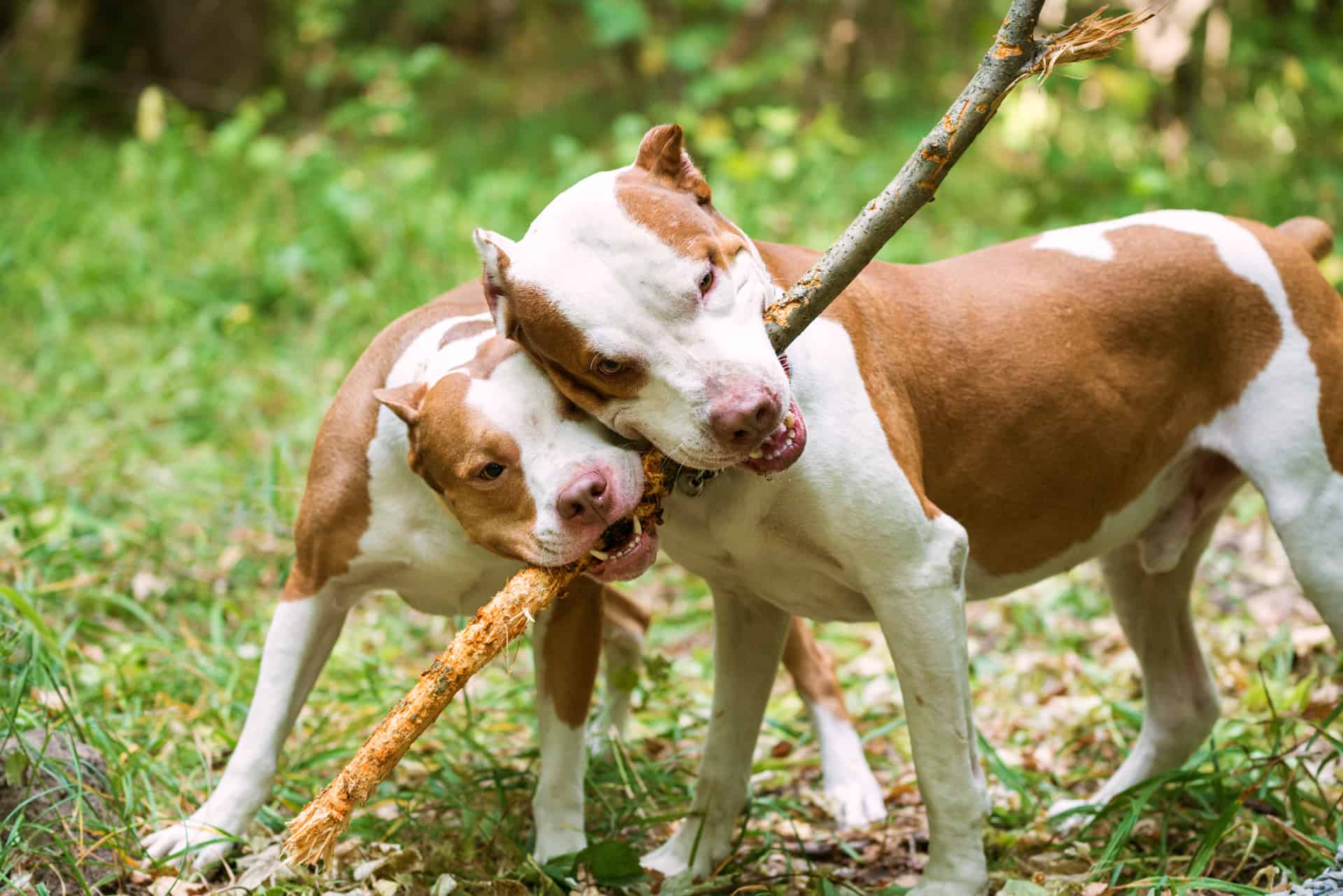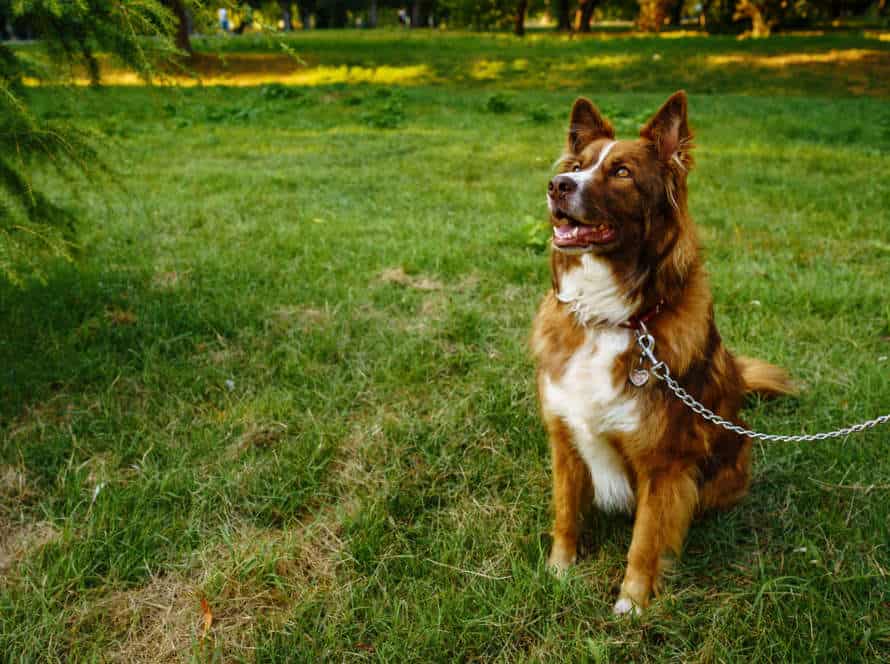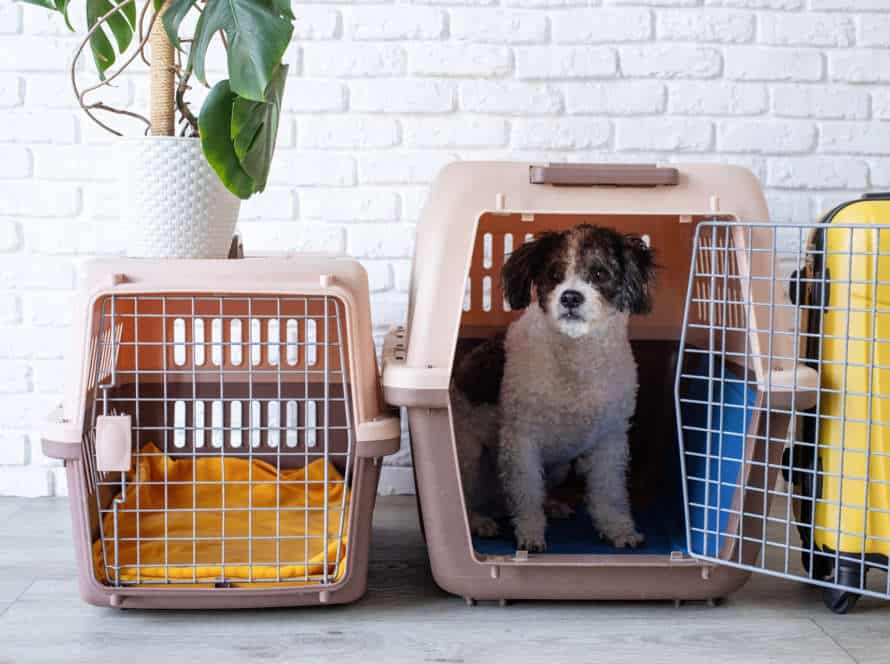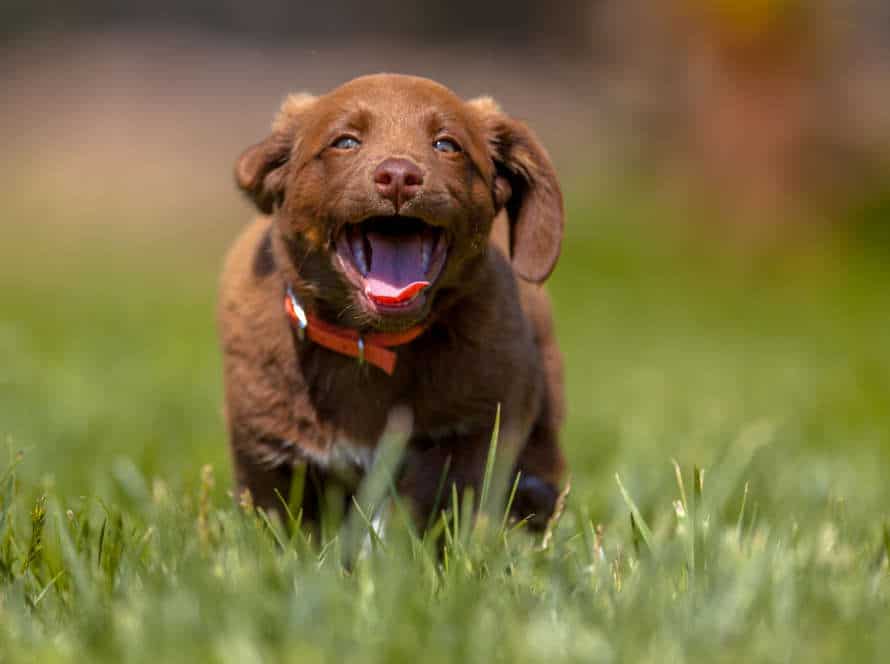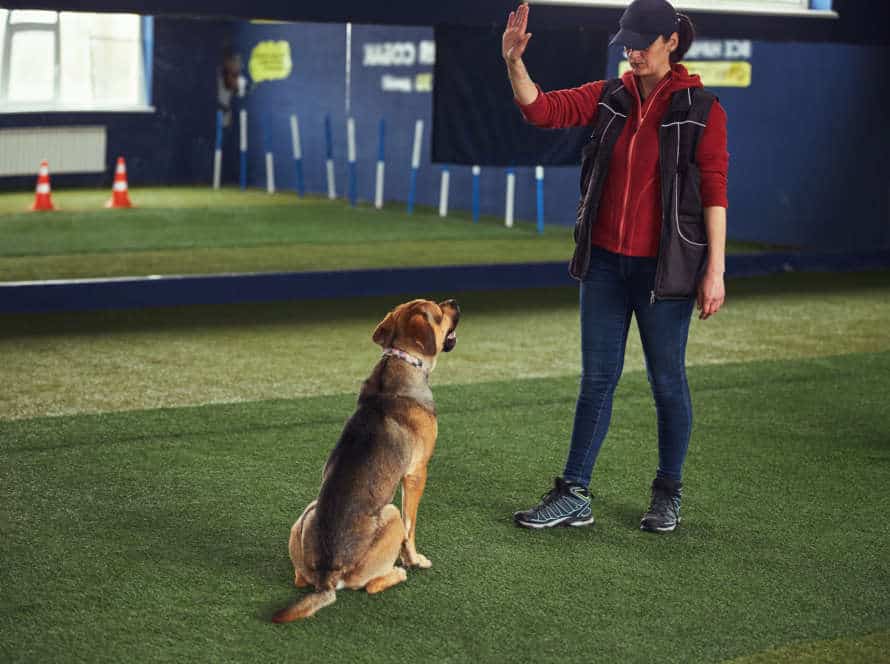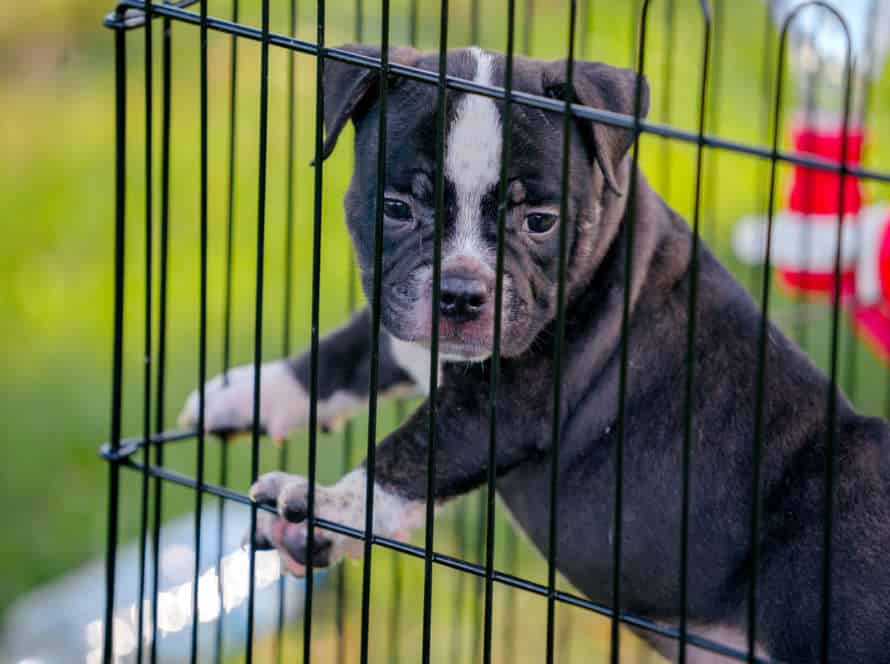When to Seek Professional Help for Bite Inhibition Training Challenges
Bite inhibition training is a key part of raising a pup. Most owners can do it, however, sometimes specialist help is needed.
Get assistance if:
- Regular methods don’t work. If your dog still bites despite consistent positive reinforcement, speak to a pro.
- Your dog shows aggression. If this is the case, it is serious and needs attention. Don’t wait for someone to get hurt.
- Your dog has already bitten someone. If this is the case, take urgent action. Get help to address the behavior and stop further incidents.
Remember, biting is a serious matter and requires quick action. Always be prudent and get expert help if you are unsure of how to handle a bite inhibition training issue.
Signs of Bite Inhibition Training Challenges
Bite inhibition training is a must for dog owners. Teaching a pet to control their bite can be difficult, and sometimes they need help. Here, we’ll look at signs that point to needing professional help with teaching bite inhibition.
Aggressive behavior towards people or other dogs
Aggressive behavior in dogs is a BIG concern! One way to stop this is through bite inhibition training. But, some dogs might not do well with it. Here are signs that your pup could be having trouble:
- Biting or nipping during play
- Bites become harder and more frequent
- Acting aggressively towards people and other dogs
If you spot any of these signs, seek help from a pro ASAP. A professional dog trainer or behaviorist can give you the right guidance to deal with the problem. Remember, never ignore aggressive behavior in dogs. Make sure to get help right away for the safety of everyone around your furry friend.
Growling or snarling when approached or touched
Growling or snarling is a warning that a pup is feeling uneasy. It could mean they’re ready to bite if someone gets too close. Bite inhibition training teaches dogs to control their bites so they don’t hurt anyone. But, not all dogs can do it without help.
Here’s when to get help:
- Your pup snaps, growls, or snarls when touched.
- They keep biting when you try to redirect them.
- No matter what you do, the aggressive behavior keeps getting worse.
Don’t wait if you see these signs! Get help right away. It’ll keep everyone safe.
Uncontrolled barking or lunging
Biting and growling, refusing to let go of people and objects, and uncontrolled barking or lunging are all signs of bite inhibition training challenges in dogs . If your pup displays these behaviors, it’s time to look for professional help.
The significance of bite inhibition training? It’s key for teaching your dog to control their teeth and jaws, especially for breeds with strong jaws and hunting instincts.
When to look for help? If your pup is consistently showing signs of bite inhibition issues, it’s best to get help from a certified dog trainer or behaviorist. They can figure out your dog’s behavior and make a customized plan to improve their bite inhibition and prevent aggressive behavior.
When to Take Action
Training a dog to control their bite force is difficult. Bite inhibition training can be tough for owners. It is important to recognize when you need to seek professional help. Here are the signs that you should take action:
If the behavior is persistent and not improving
Bite inhibition is key in dog training. But when the behavior doesn’t improve, it’s time to seek professional help. So, keep an eye out for these signs:
- Your pup bites too hard or too often, causing harm.
- It’s getting worse despite your attempts to fix it.
- It has caused injury to you, another animal or human, and you feel unsafe.
- Aggression such as growling, snarling or lunging.
If any of these signs are present, it’s time to find help from a dog trainer or behaviourist. Professional consultation will help create a custom training plan targeting the cause of the bite inhibition problem, and resolve it properly.
If the behavior is harming people, dogs or causing property damage
Puppies and young dogs need bite inhibition training. But, when do you seek help? If behavior hurts people, dogs, or causes damage – take action! Look for signs such as aggression, growling, snapping, biting, and possessiveness.
A professional trainer can identify the cause of the problem and create a plan to stop it. This is especially important for breeds with a strong bite and rescue dogs with a history of aggression or trauma. Don’t ignore the issue. Take action early to keep everyone safe and happy.
If the behavior is affecting the dog’s quality of life
Bite inhibition training for dogs can have bad results. If your pup’s behavior is hurting them or others, you must act now and seek help.
Signs that you need professional help:
- Aggression to people or animals.
- Injuries to children.
- Fear of grooming, vet visits, or being left alone.
- Destructive activities such as chewing or digging.
- Not listening to commands or doing things that put them at risk.
A certified dog trainer or vet behaviorist can help your dog overcome the challenges and have a happy life.
Types of Professional Dog Trainers
Dog Bite Inhibition Training might seem overwhelming. It needs patience, dedication, and consistency to succeed. Thankfully, professional dog trainers are available to help. Let’s look at the different types of trainers to figure out when to ask for aid.
Certified Professional Dog Trainers (CPDT-KA or CPDT-KSA)
Certified Professional Dog Trainers (CPDT-KA or CPDT-KSA) are top-notch. They must have a minimum of 300 hours of dog training experience and pass an exam to get certified.
Other types of professional dog trainers include:
- Behaviorists. These focus on understanding & changing behavior that stems from anxiety or aggression.
- Agility trainers. They prep dogs for agility competitions by teaching obstacle course skills & techniques.
- Obedience trainers. They teach basic commands like sit, stay, & come.
If your dog’s challenge is bite inhibition or any serious behavior issue, certified professional dog trainers or behaviorists can help. They offer effective training techniques & tailored training programs.
Veterinary Behaviorists
Dog bite inhibition is key. It stops a pup or adult dog from biting too hard during play or accidents.
A vet behaviorist is one of the most effective trainers. They have a doctorate in vet med and specialize in animal behavior. If you’re having problems with bite inhibition or other behavior issues, seek the help of a vet behaviorist. They have the expertise to diagnose and make a plan that suits your dog’s temperament and personality.
Remember: training should never involve physical punishment. Positive reinforcement and consistency are musts for lasting results.
Certified Applied Animal Behaviorists (CAABs)
Certified Applied Animal Behaviorists (CAABs) are experts in animal behavior. They have achieved high standards of academic and professional qualifications.
For dog owners with behavior issues, CAABs give tailored advice. This includes bite inhibition training issues.
To decide which dog trainer to choose, here are a few types:
- Certified Professional Dog Trainers (CPDTs): for basic obedience training.
- Certified Dog Behavior Consultants (CDBC): for mild behavioral issues.
- CAABs: for severe problems that need in-depth analysis and management.
If there’s dog aggression or fear, it’s important to get aid from a CAAB. This avoids harm to people or the dog.
Finding Reputable Professional Dog Trainers
It’s essential to know when to get professional help for bite inhibition training issues. This can be difficult, since there’s so many professional dog trainers. Take your time and do the research. Find a reputable trainer who’ll work best for you and your pup.
Ask for recommendations from your veterinarian or local dog obedience clubs
Searching for an experienced dog trainer can be tough, especially when dealing with bite inhibition training. One great way to find the right trainer is to ask your vet or local dog obedience clubs.
Vets work closely with dog trainers and can give advice on the best ones in your area.
Local dog obedience clubs are also good resources. They know much about training methods and have links to the dog training community.
When searching for a trainer, make sure they use positive reinforcement techniques and have experience with dogs with bite inhibition issues. A good trainer will be able to handle your dog’s needs in a secure and caring way.
Tip: Take time to research several trainers and ask for references before picking the best one for your pup.
Research and review online listings of professional trainers and their qualifications and certifications
When looking for a good dog trainer for bite inhibition training, research is key. Check out certifications from places like the CCPDT and IAABC. Look into reviews and testimonials from clients.
Interview the trainer to chat about techniques, experience, and certifications. Remember that patience, consistency, and positive reinforcement are needed for this type of training. So, pick a trainer who uses these!
And, don’t wait to seek professional help – intervention earlier is better to stop it becoming a habit.
Conduct a face to face consultation with the trainer to discuss your dog’s specific behavior and training needs
Finding a good dog trainer? It’s a must to do a face-to-face meeting. This helps discuss your pup’s needs. Here’s what to remember:
- Create a list of any specific behaviors that need help.
- Be honest about your dog’s personality and past.
- Ask the trainer what methods they use.
- See how they interact with your pup. Check if they communicate well.
- Remember, training takes time. Building a positive relationship with the trainer is key to success.
Understanding the Training Process
Bite inhibition training is key for pet owners. Teach your dog how much pressure is too much and set boundaries for a happy and healthy relationship. The process can be tough. Knowing when to get professional help is hard. Let’s discuss bite inhibition training and when to call a pro.
Assessing the current level of behavior and training
Assessing current behavior and training is key for understanding the process and knowing when to get pro help for bite inhibition training challenges in dogs. Consider:
- Age, breed and temperament of your doggy.
- The kind and severity of the behavior to modify.
- The tools and techniques you’ve tried.
- Consistency and frequency of training sessions.
If your pup is reacting aggressively or not responding to training, it may be time to find a professional dog trainer or behaviorist who can offer a tailored, successful approach. Remember, training is a continuous process. It calls for patience, commitment and a deep knowledge of your pup’s needs and habits.
Developing a customized and structured training plan
Develop a custom, structured training plan for your pup. Let’s get started!
- Identify the behaviours you’d like to teach or modify. Prioritize them based on urgency and importance.
- Understand how your dog learns and what motivates them. This will help you tailor the training.
- Divide the desired behaviours into smaller, doable steps.
- Pick a quiet, distraction-free area to train. Gather all the necessary equipment and treats.
- Use treats, praise, and toys to reward good behaviour and reinforce the training.
Pro Tip: If you’re stuck teaching your pup bite inhibition, get help from a certified dog trainer experienced in behaviour modification.
Implementing the training plan over a period of time with regular check-ins and adjustments as needed.
Bite inhibition training for dogs requires a plan over time, with regular check-ins. If the challenges persist, it is important to reach out for professional help. Here is what to do:
- Set achievable goals.
- Create a plan with exercises, rewards & consequences.
- Execute the plan over time and check-in often.
- Adjust the plan as needed to overcome challenges.
- Seek professional help if there is no progress after following the steps.
- Stay patient, consistent, and positive during the process.
Frequently Asked Questions
1. When should I seek professional help for bite inhibition training challenges?
If your dog is excessively biting, nipping, or mouthing and is not responding to your training efforts, it may be time to seek professional help. Additionally, if your dog is showing aggressive behaviors when biting, it is important to seek professional help immediately.
2. Who can I seek professional help from for bite inhibition training?
You can seek help from a certified professional dog trainer, a veterinary behaviorist, or a canine behavior consultant. Be sure to do research and find someone who is qualified and experienced in dealing with bite inhibition training challenges.
3. What techniques do professionals use for bite inhibition training?
Professionals use a variety of techniques tailored to each individual dog’s personality and level of aggression. Common techniques include positive reinforcement training, counter conditioning, and desensitization.
4. Is professional help necessary for all bite inhibition training challenges?
No, not all dogs require professional help for bite inhibition training. If your dog is only occasionally biting or mouthing and is responding well to your training efforts, it is not necessary to seek professional help.
5. How much does professional help for bite inhibition training cost?
The cost of professional help for bite inhibition training can vary depending on the type of professional you seek help from, your location, and the severity of your dog’s biting behavior. Consult with the professional beforehand to discuss pricing and any possible additional costs.
6. How long does it take to see results from professional bite inhibition training?
The duration of training and the time it takes to see results will differ for each individual dog. It can take anywhere from a few weeks to several months for noticeable improvements to be made. Consistency and patience are key when it comes to bite inhibition training.

